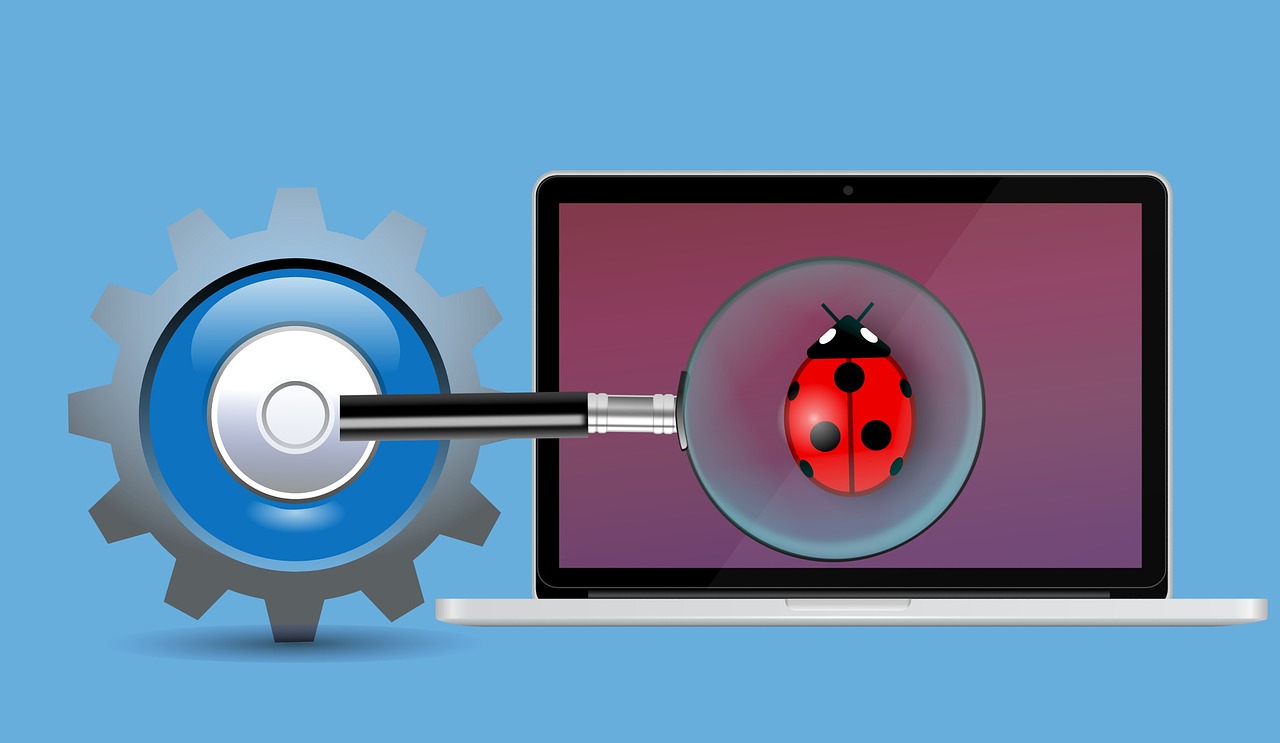Long after the initial fun of developing an application comes years of debugging and maintenance. Yet, many languages and developers fail to make choices that will ensure that future maintenance will be possible. Then, when problems occur, substantial time and effort is spent trying to resolve the issue.
Current Trends
It seems that right now, a growing number of developers and development teams are transitioning to languages like Python and Javascript. Both of these languages can do great things. Unfortunately, they both suffer from the same problem – they are incredibly hard to debug and maintain. Why is that? Python and Javascript are both weakly typed scripting languages. What does that mean? In short, it means that the programmer can be lazy about how they define things and let the computer do all the work. Unfortunately, it also means an increased risk of runtime errors and greater difficulty in finding problems.
Magic Frameworks
This is exacerbated by magic frameworks. Everyone loves Ruby on Rails and Django. But both become a nightmare to debug very quickly. Need to change something from the framework? Great – your hack will be the source of nightmares when you leave. While these frameworks may simplify our lives in the short term by providing a quicker time-to-market, in the long-term they are more difficult to maintain.
How Can We Fix This?
Unfortunately, I have rarely seen well documented Python or JavaScript code. Typically, users write code and forget about it. Online videos and tutorials rarely stress the importance of comments and documentation. Thus, we end up with fragile code nobody understands. As a developer community, we need to do a better job of passing on our knowledge of code to the next developer. This means comments, readme files, and other documentation. If you write software using weakly-typed scripting languages, you owe it to those who will debug your code later to put in the extra effort!
